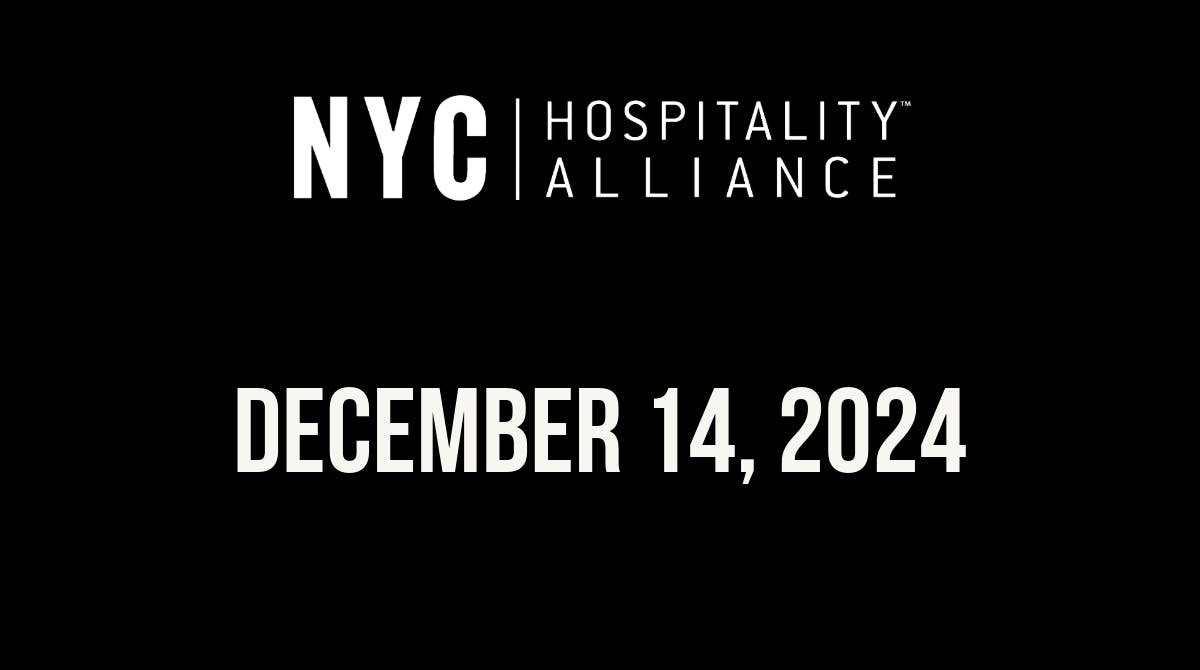Concerning Labor Laws Proposed

Today the NYC Hospitality Alliance submitted detailed testimony at a City Council hearing on proposed labor laws that could have serious consequences for thousands of restaurants, bars, and nightclubs across the five boroughs.
While the intent of these bills may be well-meaning, they would create significant challenges for small businesses, including administrative, financial, and legal burdens. Below is a summary of three key proposals.
You can read our full detailed testimony by CLICKING HERE to fully understand to implications. The NYC Hospitality Alliance will continue to advocate for public policies that support our industry and will vigorously oppose misguided proposals that could harm us.
This bill would require employers with 25 or more employees to give the city the following information about each of their employees: salary and wages earned for the previous calendar year; the month and year the employee was hired; job title; gender; race and ethnicity; birth year; the borough in which the employee works; whether the employee is a member of a labor union; whether the employee works more than 35 hours per week, less than 35 hours per week, or on a seasonal or temporary basis; and whether the employee is a manager. The first report would be due on February 1, 2025, and subsequent reports would be required annually thereafter. Employers covered by this bill would also have to submit a digital affirmation to DCWP every three years, which certifies the employer’s compliance with federal, state, and local equal pay laws.
This bill would require employers with more than 100 employees to notify their current employees of job opportunities prior to selecting a candidate for the role. This bill would also require employers to provide current employees with information about the selected candidate hired for the job.
This bill would require all businesses to create, update, and post detailed job descriptions for each job position, thus impose legal obligations under laws like the ADA, wage and hour regulations, and EEO laws. The proposal also includes a subjective requirement for employers to disclose compensation ranges—both monetary and non-monetary—for their current job titles as well as any positions requiring equal or substantially similar skill, effort, and responsibility. This provision introduces uncertainty, as determining what is “equal” and "substantially similar" is inherently subjective. For small businesses, this creates a risk of unintentional violations, as compliance would depend on interpretations that may differ from one case to the next.
